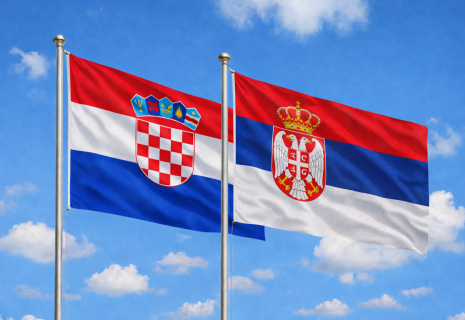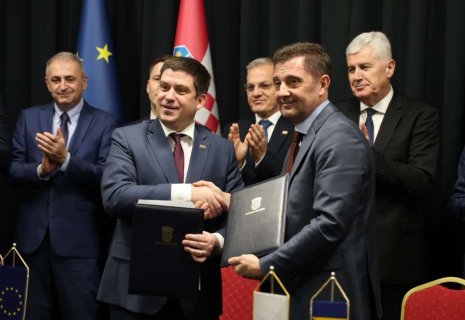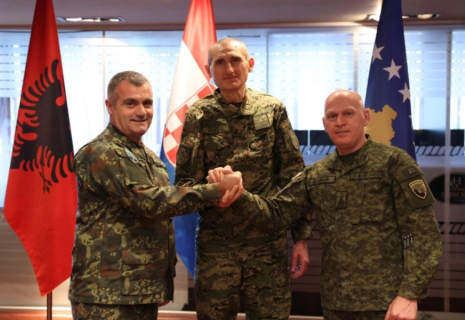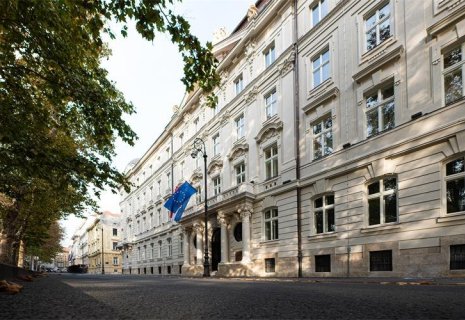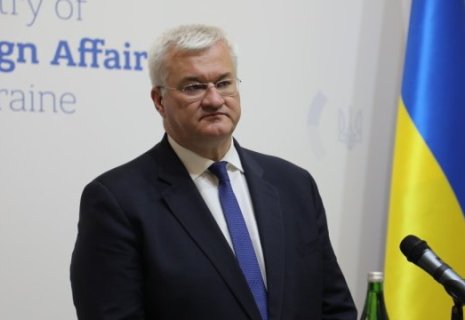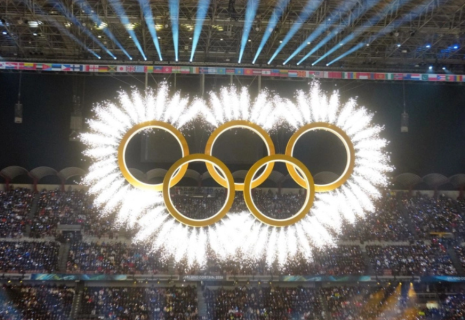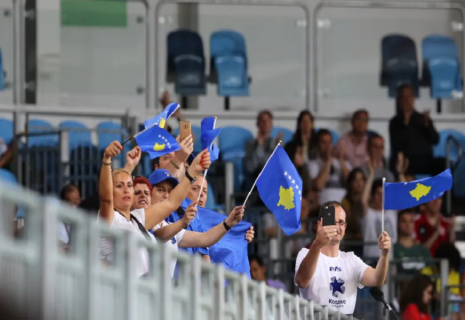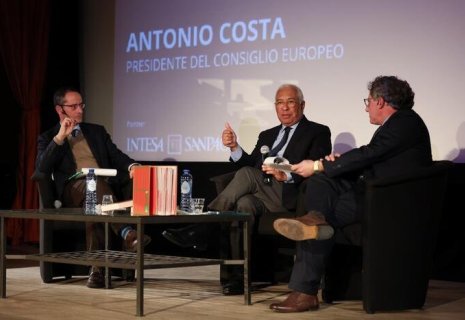
Croatian club in Chile becomes beacon of heritage and sport
The Croatian sports club Estadio Croata, founded 67 years ago by Croatian emigrants in Santiago de Chile, has built a theatre and is soon set to cover its swimming pool, continuing its expansion of infrastructure.
“We are managing to achieve everything we haven’t been able to in the past 30 years,” club president Rossana Magaš tells Hina.
Located in the affluent Santiago district of Vitacura, Club Croata counts 1,200 members and offers training in 13 sports, including football, martial arts, tennis and volleyball, CE Report quotes HINA.
“Through them, we strive to preserve Croatian values - responsibility, honesty and punctuality,” Magaš says.
Approximately 200,000 Croats and their descendants live in Chile.
Mass Croatian immigration to Chile began around 1860, when people from Dalmatian islands, like Brač, travelled by ship seeking work in Antofagasta and Punta Arenas, as a disease had devastated vineyards in their homeland. Many were also fleeing Austro-Hungarian repression. They worked in mining, trade and livestock farming. After WWII, Croats began settling in Santiago, where a Yugoslav Home was established, with Croats making up the majority of its members.
In 1958, a group of Croats jointly purchased 28,000 square metres of land with the vision of creating a club where young people could develop sporting and cultural skills while reviving the folk traditions of their ancestors’ homeland.
“We are still fulfilling that mission today,” says Magaš, who came to Chile from Zadar during the Yugoslav era due to political repression.
In 1985, she became the first woman to join the club’s nine-member board of directors. The name Estadio Croata was officially adopted in 1990, following Croatia’s independence, and the Croatian Embassy was originally located within the club premises.
Since taking over as president in 2020, Magaš has overseen the renovation of the football field and the construction of a gym, which members can use with a club card, one of the organisation’s sources of income. “We’ve made significant investments during the current mandate,” she says.
The club continues to bring together Croats and their descendants. Last month, it hosted Finance Minister Marko Primorac as part of his official visit to Chile. Its restaurant serves traditional Croatian dishes.
An increasing number of children without Croatian roots are coming to Estadio Croata, proudly wearing jerseys adorned with the Croatian coat of arms.
Club Croata currently has the capacity to accommodate an additional 400 members, bringing potential membership to 1,600.
Events such as weddings, celebrations, and EU-related gatherings are hosted in the club’s Zagreb Hall.
Next month, the club will hold presidential elections, and Magaš intends to run for another term. “We want to continue growing and upgrading our infrastructure. That’s essential if we want to maintain Croatian identity here,” she says.


